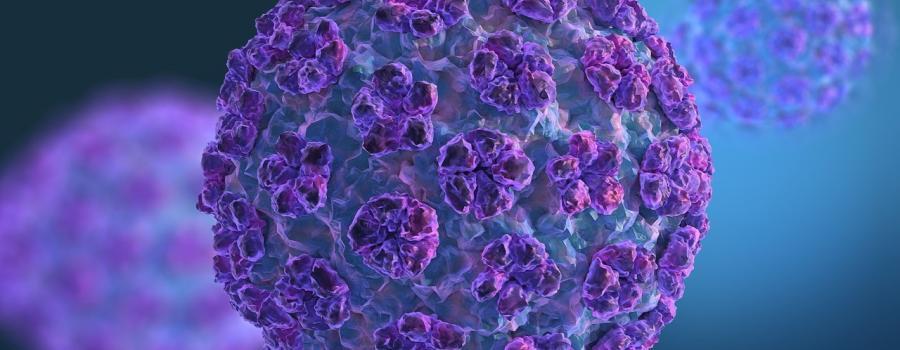Towards a world without cervical cancer
You are here

Detecting cervical cancer in its initial stages allows treatment to begin sooner and increases chances of survival. However, symptoms of the disease are not always evident early, making detection challenging.
Cervical cancer, which is the fourth most common cancer type in women globally, is caused by the Human Papilloma Virus (HPV), which is a common sexually transmitted infection (STI) seen in women and men. Most HPV infections present no symptoms and disappear naturally overtime. However, several genotypes like HPV16 and HPV18 are associated with cervical cancer development.
Regular screenings to monitor healthy individuals for cervical cancer are recommended every three to five years for women between the ages of 25 and 65. Women are invited to have a cervical sample taken by their GP or physician. While public screening programs have been implemented in several countries, participation remains low with as little as 60% (or even less) of women participating even after standard invitations and reminder calls.
These past few years, Novosanis has invested in gathering scientific data on the detection of HPV in first-void urine collected using our Colli-Pee device.
Colli-Pee, an innovative medical device, enables first-void urine collection in a simple manner. Its unique design creates an easy way to capture the first 20 mL and permits superfluous urine to pass directly into the toilet. The initial flow contains higher concentrations of HPV DNA, emphasizing the importance of using a tool like Colli-Pee to obtain accurate results.

Women can take the first-void urine sample easily at home. HPV testing on first-void urine collected through Colli-Pee could significantly increase participation in cervical cancer screening programs.
This new approach could be game-changing in the way cervical cancer is diagnosed in the future.
